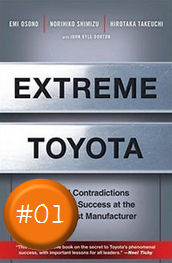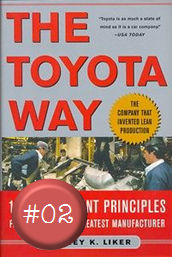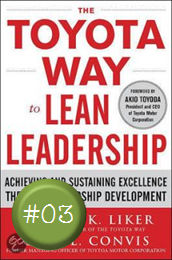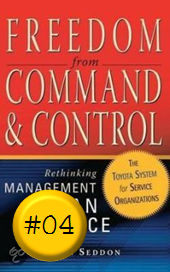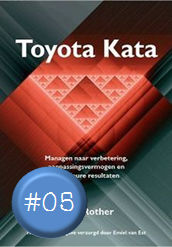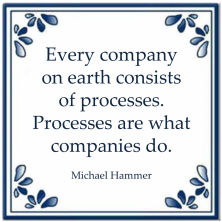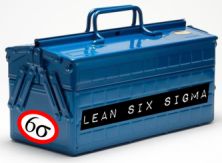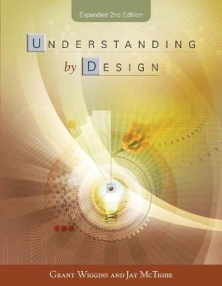
Lean-goeroe Mark Graban bevroeg in 2011 Jim Womack op de herkomst van de term 'Lean'. Hij kreeg hierop het volgende antwoord:
![]()
Well, the word has always been problematic. What word do you pick? The word was a label. Labels are always, well, superficial. We came up with that term in ’87 when we needed a name for what we were seeing.
By ’87 and certainly by ’88, we had some very compelling evidence that Toyota and Honda, who were typically the star performers, Mazda as well did well on our surveys, really were on a different pace from the American and European companies in terms of their ability to get products to market quickly and accurately in terms of their ability to make things with low hours of effort, with low defects, with low inventories, with low CAPEX.
We needed a name for it. This whole situation, as of the mid ’80s, was a Japan versus the world thing, which we thought was just a complete misunderstanding of what was going on. It was not about Japan. It was a different management system, which really only Toyota and Honda had fully mastered and Mazda was copying.
What to call the system? You don’t call it “Ohnoism” for Taiichi Ohno. “Kenya Nakamuraism” for Nakamura, the guy who invented the chief engineer system at Toyota. Are we going to call it “Toyotaism” when Honda does it, Mazda does it? Are you going to call it “Toyodaism” for Eiji Toyoda and the family?
All of those labels just seemed wrong and yet we needed to call it something. The term “mass production” was out there. I wish we had probably used the term “modern production” or “modern management,” but we weren’t quite into postmodern at that point.
We said, “This is a contrast. On every dimension, it’s just different. What do we call it?” We had a session at the office at MIT in the big boiler room where I had all the young people who had come out of the industry, came back to MIT to get some additional credentials… [we] were sitting there one afternoon saying, “We got to have a name for this thing. What are we going to call it?” Because we we’re getting ready to do some publishing.
It was agreed that we should label it for what it did. I remember holding my marker at the whiteboard and said, “It uses less time to go from concept to launch, less time to go from raw material to customer, and it uses less effort, less hours of engineering to do product development, less hours of human effort in the factory. There’s fewer suppliers and they’re fewer injuries. Well, actually were. There’s less inventory. Well, yeah, there was. There are fewer defects, less defects. By the way, you can make money at lower volume because of the ability to flexibly change over form one product to another. Less, less, less, less, less.”
Then, John got his moment of fame, John Krafcik, by saying, “I’ve got it. Let’s call it Lean.” I remember writing on the blackboard L-E-A-N. Of course, the problem is that Lean rhymes with mean. Lean rhymes with mean. Now, lean also rhymes with green. Hey, I don’t know. Maybe there’s something there.
The biggest problem with the term is it’s about less. Of course, what we meant was you create more value with less of everything. The more value sort of got lost. That’s a great shame. What’s the word we should have used that in one word captures more value, more customer problem solved, happier customers, better experience, work experience for the people who are creating the value, and then less? More value, better experience, less of everything.
Don’t know what that word is. Didn’t know it then, don’t know it now. We settled on Lean and here we are.
Bron: Jim Womack on the Word “Lean”, Mark Graban







